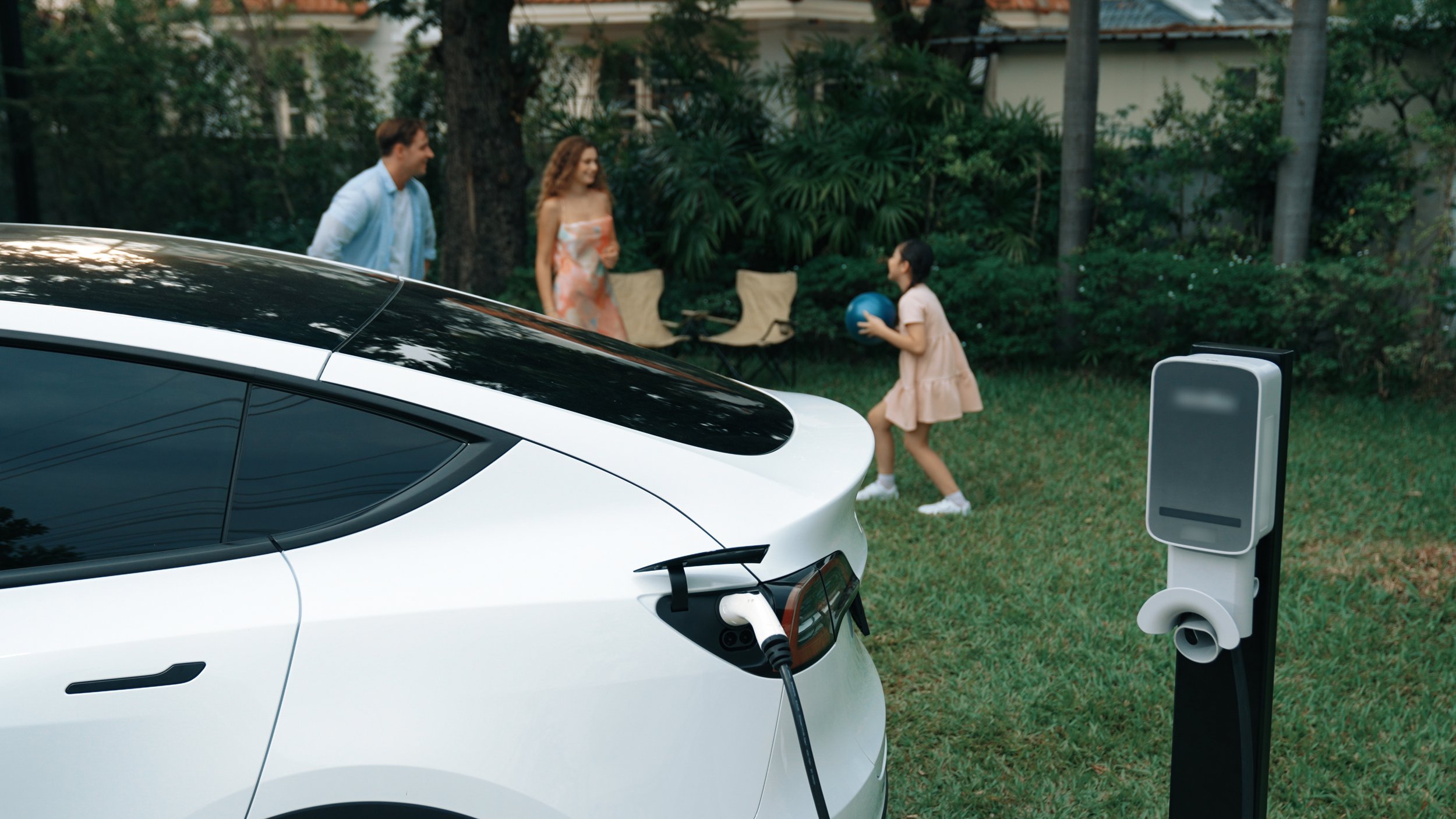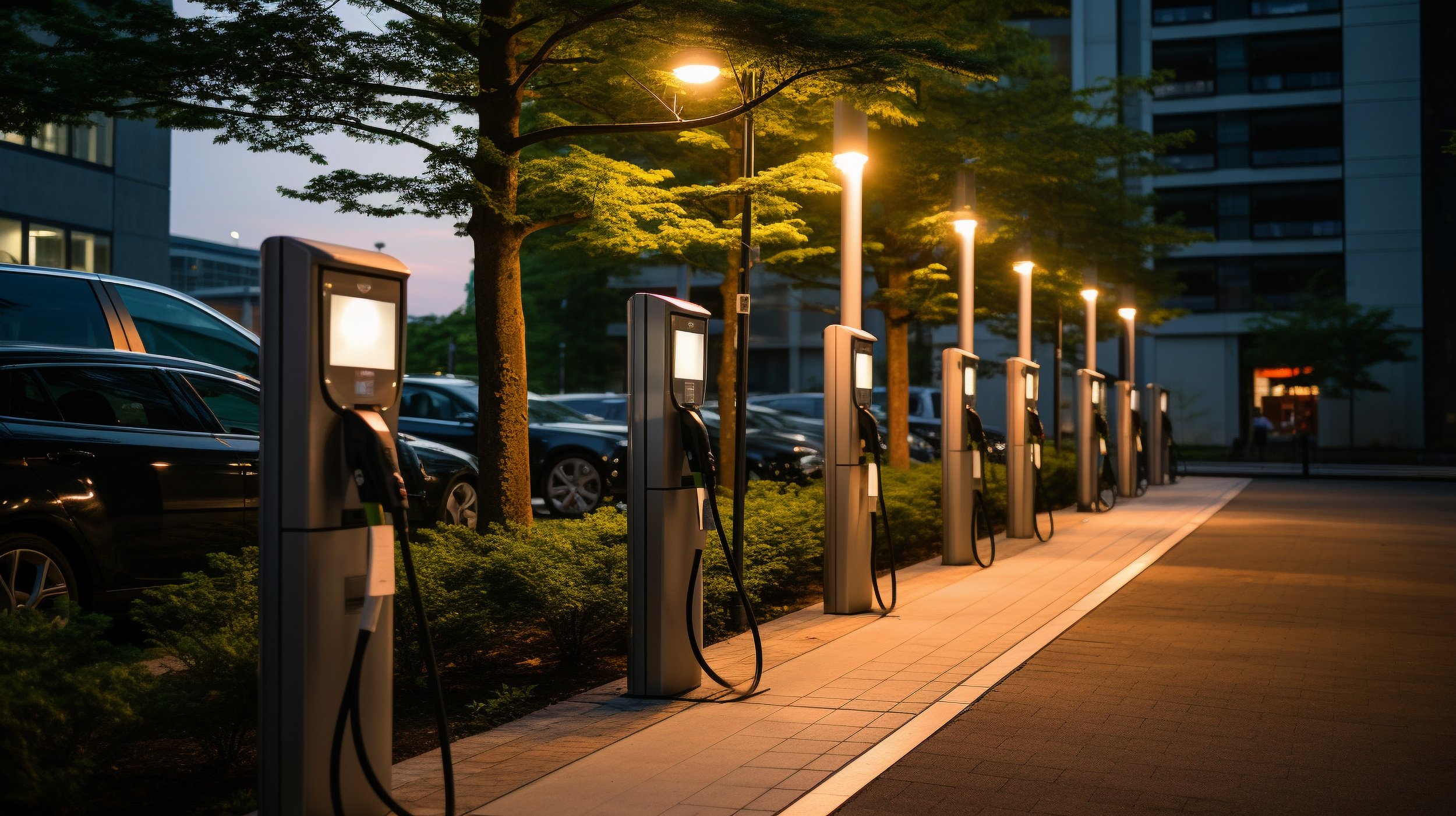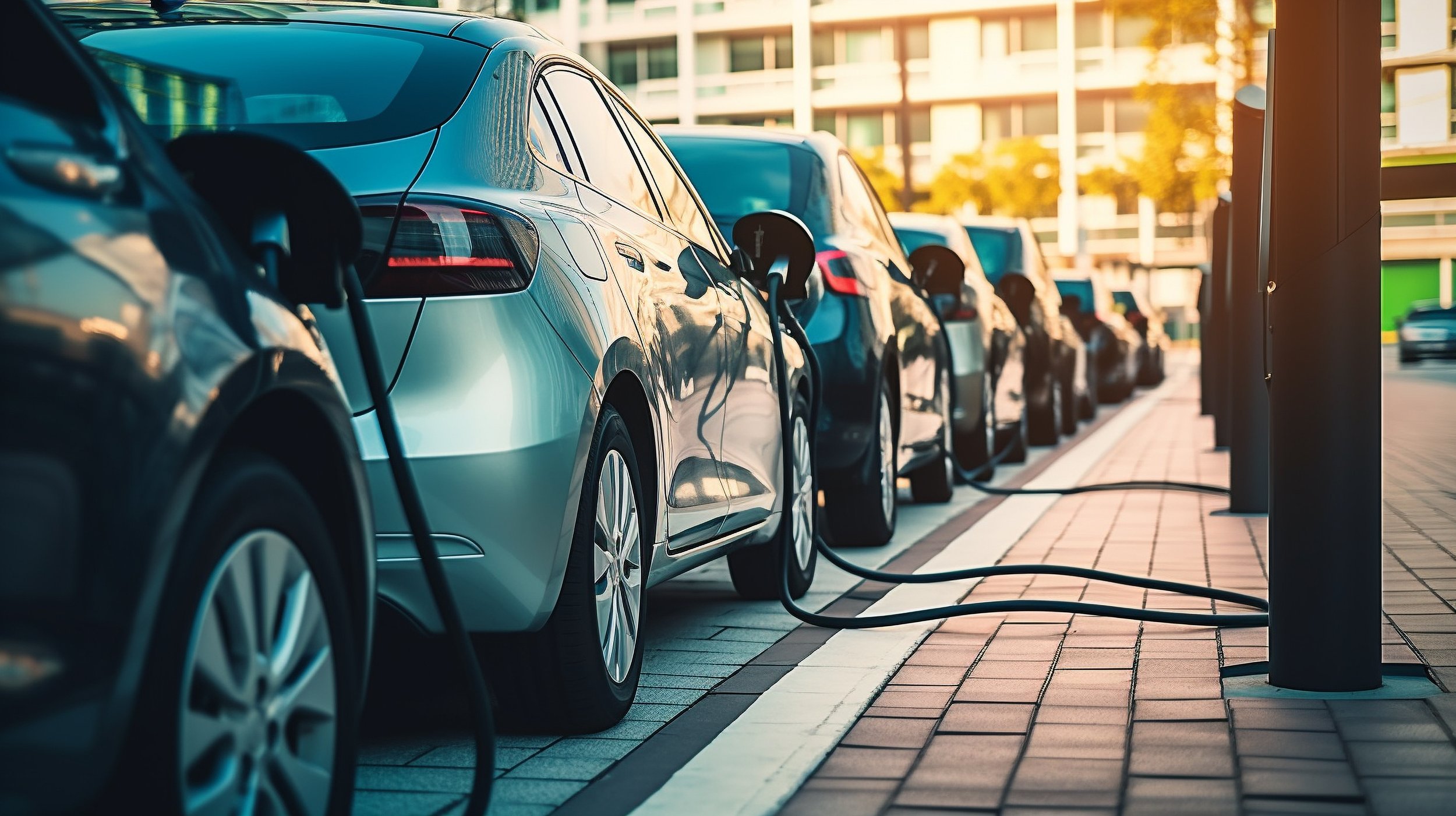
Public EV Charging
Councils Are Now Enhancing Communities By Providing Essential EV Charging Infrastructure
Councils across various regions are taking proactive steps to enhance their communities by implementing essential EV charging infrastructure. Recognising the growing demand for electric vehicles, these local governments are addressing the need for accessible charging points to encourage cleaner transportation. This initiative not only supports residents who have switched to electric vehicles but also promotes a sustainable future by reducing carbon emissions and improving air quality in urban areas.
By installing charging stations in key locations such as public parking areas, community centers, and shopping districts, councils are ensuring that the infrastructure is available for everyone. These efforts are helping to alleviate concerns around the accessibility of EV chargers and are contributing to a broader shift toward environmentally conscious urban planning.
In New South Wales (NSW), government grants are crucial in accelerating the development of EV charging infrastructure. These grants provide financial support to councils, enabling them to install charging stations in strategic locations and expand their reach. By offsetting installation and maintenance costs, the government is making it easier for councils to invest in this essential infrastructure, which might otherwise be delayed due to budget constraints.
Many councils are using the funding to invest in smart charging systems that optimise energy usage, integrating renewable energy sources like solar power to reduce environmental impact further. This approach makes EV charging more efficient and aligns with the broader goals of creating energy-resilient communities. The collaboration between local councils and the NSW Government is paving the way for a modernised, future-proof transport system that supports both the environment and the population’s evolving needs.

At Future Charging, we're dedicated to powering the future with innovative EV charging solutions. Our expertise uniquely positions us to support the Councils in developing cities and roadways that are conducive to electric vehicle use.
For any enquiries, please feel free to reach out to us.
Which Types of EV Chargers (Charging Stations) Are Best for Public Charging Installations?
When installing EV chargers for public use, selecting the appropriate type based on the site’s infrastructure, available power, and the specific needs of EV drivers is essential. Here are key types of EV chargers to consider:
Option 1) Level 2 Chargers (AC Charging)
Best for: Public parking areas, shopping districts, and community centers where users may stay for an extended period.
Features: These chargers offer moderate charging speeds (approximately 40-120 km of range per hour) and are compatible with most electric vehicles. They are cost-effective for widespread use and suitable for locations where drivers can park for longer periods, such as shopping malls, leisure centers, or workplaces.
Option 2) DC Fast Chargers (Level 3)
Best for: High-traffic areas, highways, or rest stops where quick turnarounds are necessary.
Features: DC fast chargers can deliver up to 150 kW of power, enabling rapid charging (approximately 100-300 km of range in 30 minutes). They are ideal for locations where users require quick top-ups, such as service stations, major highways, and busy commercial hubs. While more expensive to install, they meet the needs of drivers on longer trips.
Option 3) Ultra-Fast Chargers
Best for: Strategic locations with heavy EV traffic, such as transport hubs or near main highways.
Features: Ultra-fast chargers provide extremely fast charging, often delivering a full charge within 15-30 minutes. Although they are more costly, their high power output (above 150 kW) is perfect for encouraging longer-distance travel and supporting EV adoption on a larger scale.
Option 4) Solar-Powered Chargers
Best for: Green or remote locations, parks, and areas aiming to promote sustainability.
Features: Solar-powered EV chargers help align with sustainability goals by using renewable energy sources. They reduce reliance on grid electricity and can be used as standalone units in places where connecting to the grid is challenging.

At Future Charging, we're dedicated to powering the future with innovative EV charging solutions. Our expertise uniquely positions us to support the you to choose and install the most suitable EV charger for your site.
For any enquiries, please feel free to reach out to us.

A Greener Community for All: Transforming Your Community with EV Charging Solutions
Installing and opretating EV charging stations energises your community by improving the environment, enhancing social well-being, and fueling the rise of EV adoption. It also supports current owners and attracts new enthusiasts, driving a greener future.
Future Charging Solutions is dedicated to enhancing your infrastructure and supporting the community’s transition to cleaner transportation options.
Our expertise ensures you can build a sustainable, eco-friendly community with reliable EV charging solutions. We support you through every step, from planning to installation, using our deep understanding of EV technology and market trends to provide solutions that meet current needs and anticipate future advancements.
At Future Charging Solutions, we are committed to guiding you through the process of transforming your community with EV charging infrastructure.

At Future Charging, we're dedicated to powering the future with innovative EV charging solutions. Whether you're looking for residential, commercial, or public charging infrastructure, our expert team is here to help. For any enquiries, please feel free to reach out to us.

Why Should Councils Consider Installing Public Chargers?
-
Installing more EV chargers in public car parks aligns with the global transition towards sustainable transportation. It demonstrates the council's commitment to reducing carbon emissions and promoting environmentally friendly modes of transportation.
-
With the increasing popularity of electric vehicles, there is a growing demand for accessible charging infrastructure. Installing more EV chargers in public car parks helps meet the needs of EV owners and encourages more individuals to consider electric vehicles as a viable option.
-
Providing EV charging stations in public car parks enhances the range of services offered by the council to the community. It contributes to the convenience and accessibility of electric vehicle ownership for residents and visitors alike.
-
Supporting the adoption of electric vehicles can contribute to economic development by attracting businesses and investments focused on clean energy and sustainable transportation. Installing EV chargers can position the local area as forward-thinking and attractive to environmentally conscious businesses and residents.
-
Electric vehicles produce zero tailpipe emissions, contributing to improved air quality and public health. By encouraging the transition to electric vehicles through the installation of EV chargers, the council can contribute to mitigating air pollution and creating a healthier environment for its residents
-
Many regions are implementing regulations and targets aimed at reducing greenhouse gas emissions and promoting electric vehicle adoption. Installing EV chargers in public car parks helps the council meet regulatory requirements and demonstrate compliance with sustainability goals.
-
Accessible EV charging infrastructure can enhance the attractiveness of the local area to tourists and visitors who own electric vehicles. By providing EV charging options in public car parks, the council can encourage tourism and support local businesses.



